Indigenous Governance Database
citizen rights
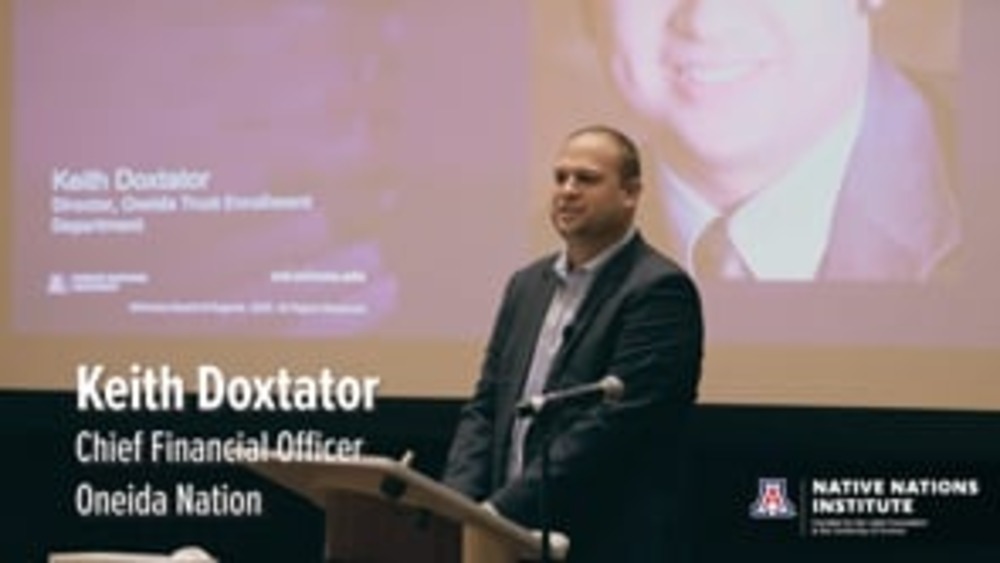
Hot Topics in Tribal Governance: Citizenship + Blood Quantum
As the Director of the Oneida Nation's Trust Enrollment Department, Doxtator used the skills he honed as a financial analyst to examine the current state of the nation's enrollment criteria and illustrate what that meant for the future of the nation. Since Oneida was still relying on Blood Quantum…
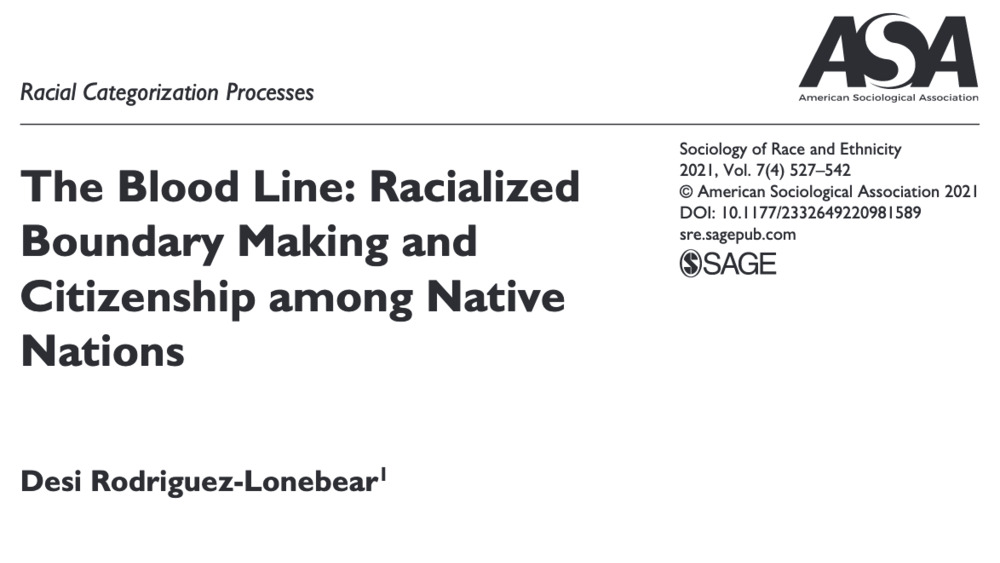
The Blood Line: Racialized Boundary Making and Citizenship among Native Nations
Blood informs a central racial ideology in the United States that has historically been used to racialize many different groups. American Indians (AIs) are the only population in the United States for whom the racial logic of blood remains codified as a means of conferring collective belonging.…
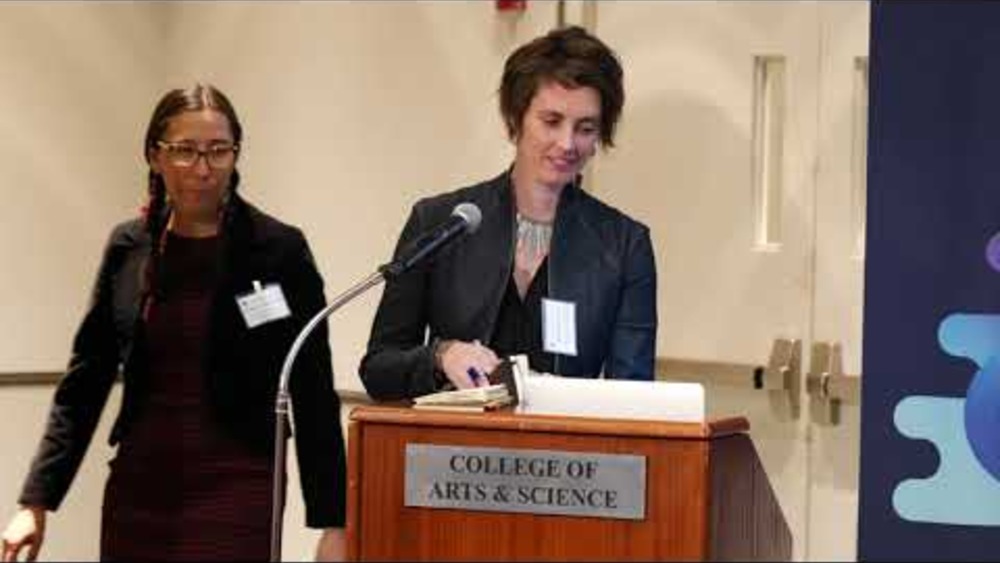
Indigenous Data Sovereignty: The CARE Principles and the Biocultural Labels Initiative
The NYU Alliance for Public Interest Technology Alliance is a dynamic and multidisciplinary group of NYU faculty who are experts on the responsible and ethical creation, use and governance of technology in society. The Alliance is a provostial initiative that connects numerous NYU hubs and…
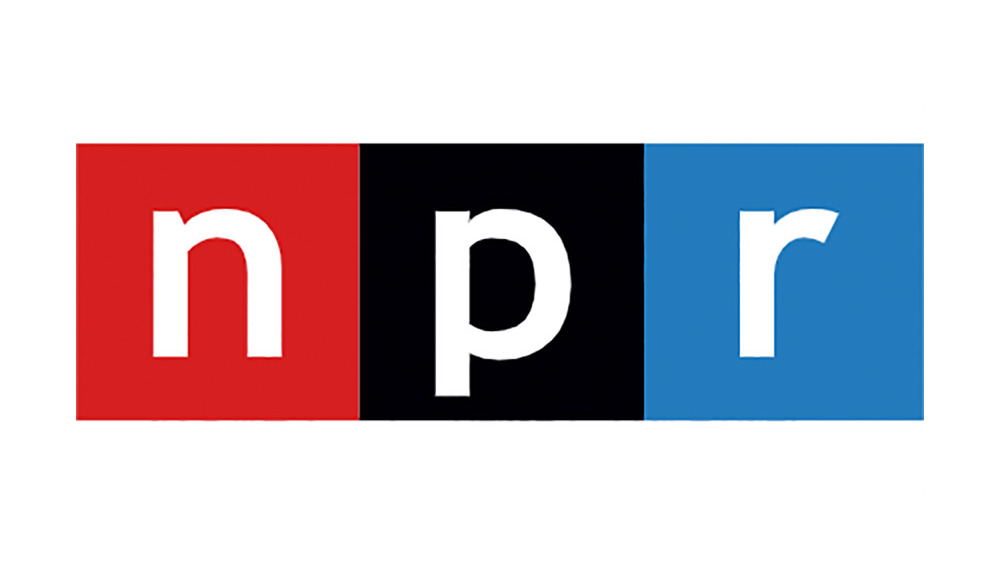
What Makes Someone American Indian?
Who is Native American? It's a complicated question that has tripped up, among others, Massachusetts Senator Elizabeth Warren. The Democratic presidential hopeful recently apologized for identifying American Indian as her race more than 30 years ago. It was around that time that the U.S. census saw…
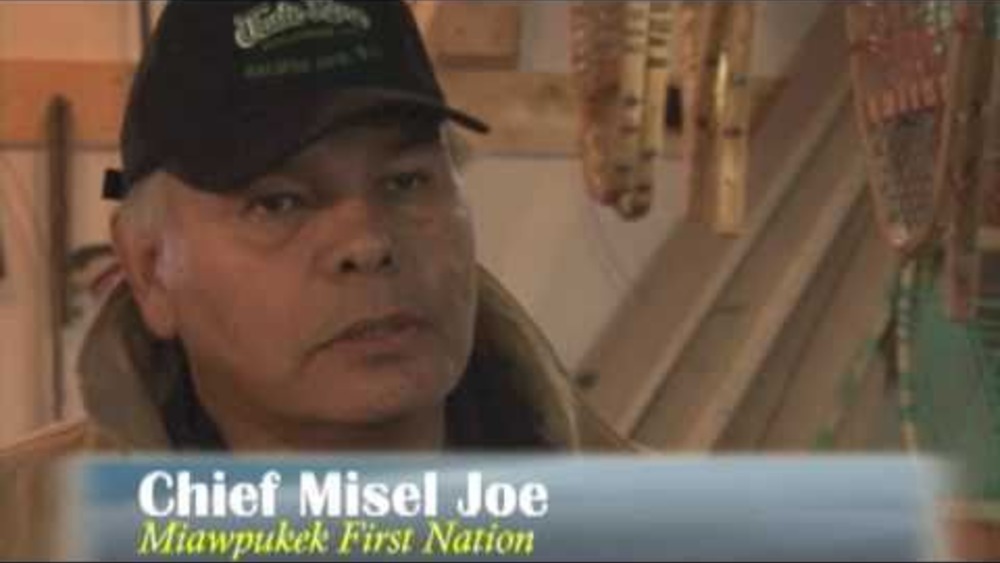
Miawpukek: Success Through Citizen Engagement
"We do have pride in ourselves." Miawpukek citizens talk about the importance of engaging citizens to overcome challenges and build a strong community.
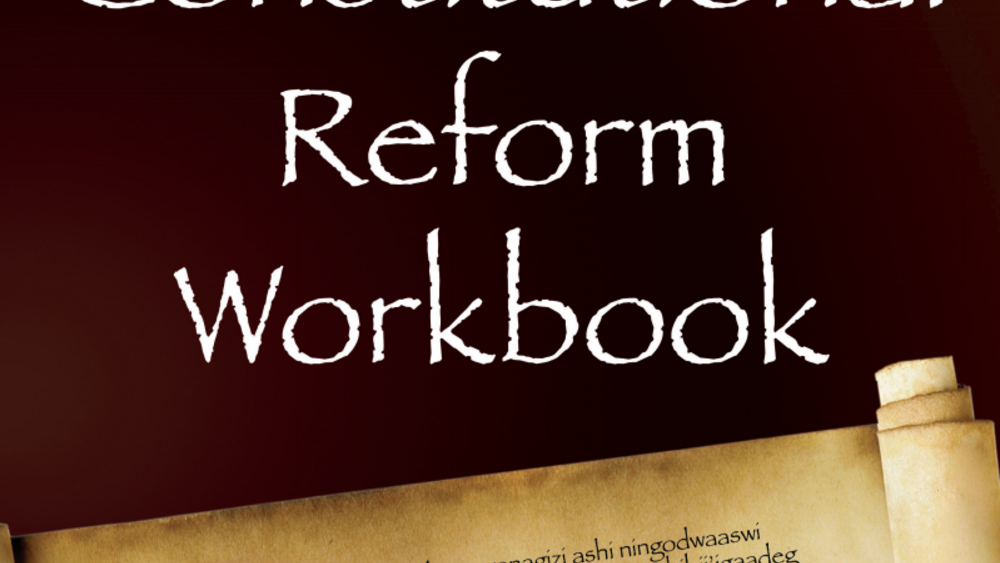
White Earth Nation Constitutional Reform Workbook
The core purpose of this Constitution is to take action and directly express, through that action, native cultural sovereignty. This workbook is designed to help the citizens of the White Earth Nation to understand their constitution. Through this effort and through your understanding of the…
